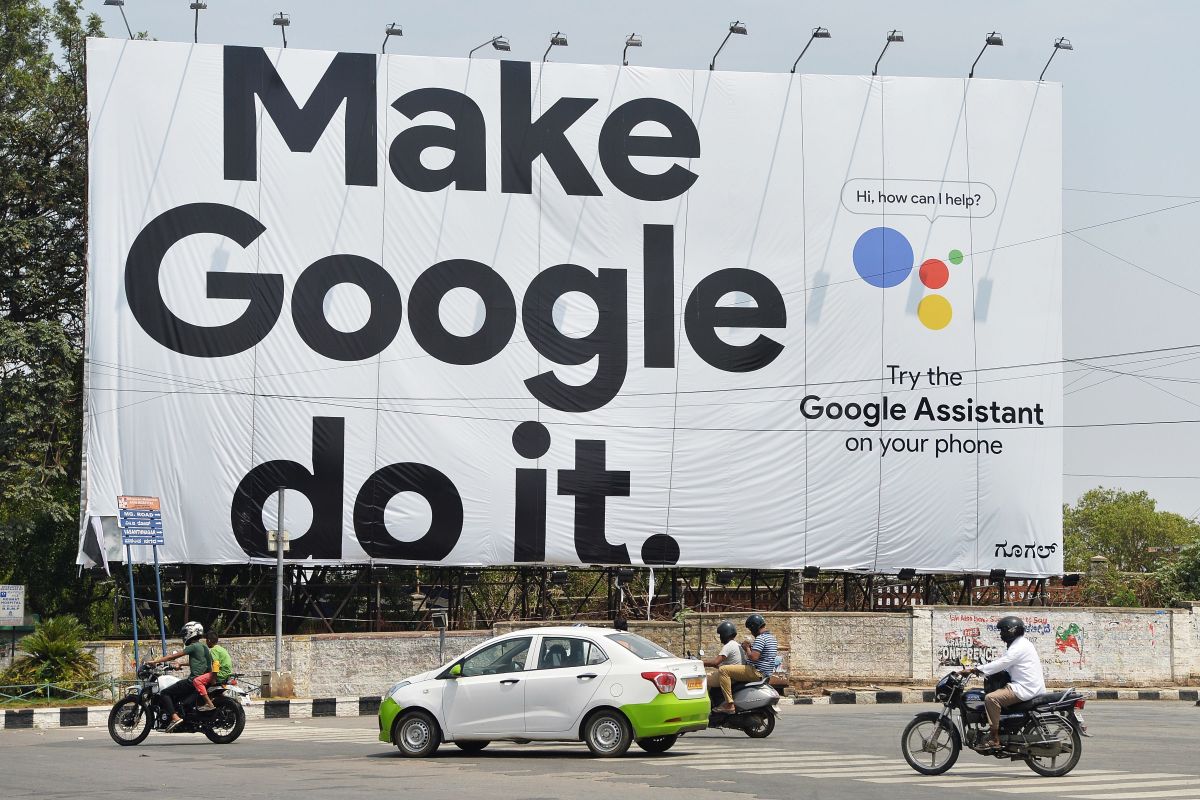
Indian firms whose apps were delisted by Google last week have begrudgingly started to comply with Play Store billing rules to get their apps back on the store.
Apps like Shaadi, Matrimony.com, and Bharat Matrimony were restored after being removed from the Play Store Friday. Other apps to return include Info Edge’s Naukri and 99acres, audio storytelling apps Kuku FM and Stage, Alt Balaji’s Altt, and dating service QuackQuack.
Google currently offers three options to developers for in-purchases. Consumption-only model without paying a service fee (in which developers like Netflix only offer consumption to account holders); Google Play’s billing system (in which the developer agrees to pay Google the long-standing fee of 15% or 30%); or offer an alternative billing system (in which the developer’s fee to Google is reduced by roughly 4%). A lot of protesting developers have opted for a consumption-only model for now, while others have opted for the Google Play billing.
The firms have also sought intervention from the government and India’s antitrust watchdog. Over the weekend, IT Minister Ashwini Vaishnaw said that he had engaged with Google and was of the view that Google’s action of delisting apps “can’t be permitted.” The affected developers are meeting with the minister today.
Lal Chand Bisu, co-founder and chief executive of Kuku FM, called out Google for offering preferential treatments to large companies like Spotify. Last year, during the Epic v Google trial in the U.S., the search giant admitted that Spotify pays no fees on Google Play for in-app purchases because of a deal between the two companies.
Distribution problem for developers
Last month, at an event where Walmart-backed PhonePe launched an alternative app store, startups pointed out that they have to spend a lot of marketing money to drive installs and Google’s fees are an extra burden on the business.
On Monday, Shaadi.com founder Anupam Mittal echoed this sentiment and said companies lose a huge chunk of their revenues because of Google’s fee structure.
While alternative app stores are allowed on Android, they have failed to reach a massive scale. For instance, Aptoid told TechCrunch last month that it drives half a billion downloads a year from all over the world. In India, PhonePe’s newly launched Indus App Store is at a nascent stage and might not provide a sufficient distribution platform for apps.
In an interview with the Hindustan Times, Murugavel Janakiraman, chief executive of Bharat Matrimony said that sideload is not a viable option for the company as it has more than 150 apps on the Play Store.
“We can’t offer them via sideloading because most people go to the Play Store to download apps. And what about alternate app stores like the recently launched Indus app store from PhonePe?” Janakiraman told the publication.
Google’s argument
Google has held its ground saying that the company has provided multiple options to developers to comply with its rules. The search giant said that fewer than 60 developers in India are subject to fees above 15%.
“While we always try to work with developers to help them through our policies and find feasible solutions, allowing this small group of developers to get differential treatment from the vast majority of developers who are paying their fair share creates an uneven playing field across the ecosystem and puts all other apps and games at a competitive disadvantage,” the company said in a blog post on Friday.
Google also noted that the company has given developers three years to comply with Play Store rules. Plus, it said that Google gave developers a grace period of three weeks after the Supreme Court declined the plea from protesting firms to prevent Google from taking action against them.
Firms seeking regulatory action
The firms that are protesting against Google’s move are looking for regulatory intervention. Info Edge co-founder Sanjeev Bikchandani, whose firm makes apps like Naukri for job seeking and 99Acres for property listing, has asked the Competition Commission for India (CCI) to take action against Google.
Snehil Khanor, co-founder and CEO of dating service TrulyMadly, along with other founders, argued that Google hasn’t complied with an earlier CCI’s ruling to let developers use a third-party billing system.
The Internet and Mobile Association of India (IAMAI), an industry association representing the largest Indian startups as well as international firms, said that it was “deeply concerned” by Google’s move to delist apps.
According to a report by Reuters, Indian startups wrote to CCI on March 1, asking the antitrust body to intervene and ask Google to restore apps that haven’t been restored.





